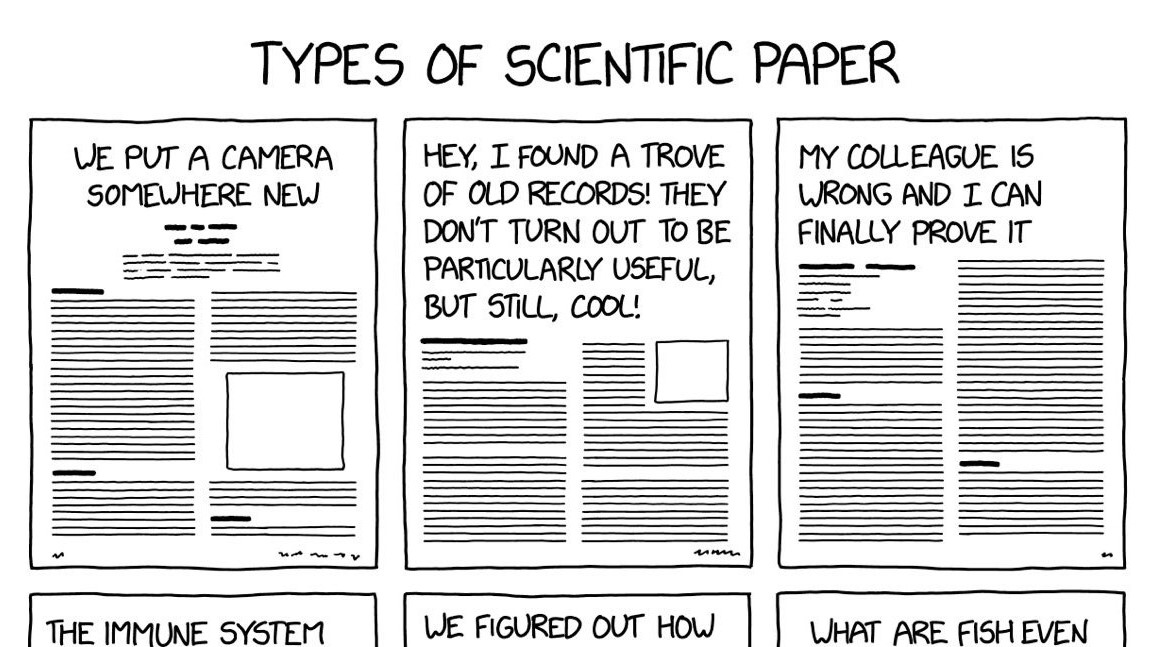Every morning, we run The Narrative Machine on the past 24 hours worth of financial media to find the most on-narrative (i.e. interconnected and central) stories in financial media. It’s not a list of best articles or articles we think are most interesting … often far from it. But for whatever reason these are articles that are representative of some chord that has been struck in Narrative-world. And whenever we think there’s a story behind the narrative connectivity of an article … we write about it. That’s The Zeitgeist. Our narrative analysis of the day’s financial media in bite-size form.
To receive a free full-text email of The Zeitgeist whenever we publish to the website, please sign up here. You’ll get two or three of these emails every week, and your email will not be shared with anyone. Ever.

There are three topics which, despite being wonkish or technical subjects pertinent to specific industries or social fields, seem to always manage a connection to all the narratives floating around in global financial news:
- New Hampshire and Iowa electoral caucuses
- Companies buying back their own stock (don’t worry, I’m not going there)
- Rare earth metals
Welcome back, old friend.
China Court Sells Fanya Metal Exchange Antimony, Rare Earth Stocks [Reuters]

I had honestly forgotten about this story, but extra kudos to the writer here for the very appropriate scare-quotes around “liquidity.” The world just wasn’t ready for crowd-sourced terbium oxide markets, y’all. All the same, the story is worth reading just to remember how wacky the world of finance, real assets and commodities can be.
Yet I’m far more interested in why rare earth metals stories tend to be so front-of-mind for so many news outlets. Yes, I think it has something to do with discussions of commodities, trade and China to which some language here is connected. Yes, rare earth metals actually are specifically important to some industries and not as broadly distributed in current production as we might like.
AND another thing. I think there is a special class of topics which are simultaneously (1) widely believed to be a powerful catalyst for future events and (2) really complicated. They are ripe with potential to make us victims of Gell-Mann Amnesia. They are also ripe with potential to exert disproportionate influence on the attention paid to these topics. People and outlets want to cover topics which everyone knows that everyone knows will be a catalyst for future events. In media, as in politics, as in financial markets, people make their name on these kinds of predictions. For better or worse.
That is Gell-Mann Gravity.
I am not saying that I have insight into whether control of rare earth metal deposits is or isn’t (or won’t be) a catalyst for some Big Thing. For all I know, I will have grandsons fighting for the New England Confederation in both the Greenland and Chinese theaters in the Great Neodymium War. I’m also not saying this particular article has anything wrong with it. But I think I do have some insight into how Common Knowledge about catalysts shapes the way that we talk about them – and read about them.
My humble suggestion: consider adding “Does this topic exert Gell-Mann Gravity?” to your tool kit of Fiat News tells and “Why I am reading this now” heuristics.




Start the discussion at the Epsilon Theory Forum